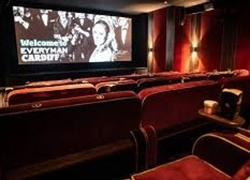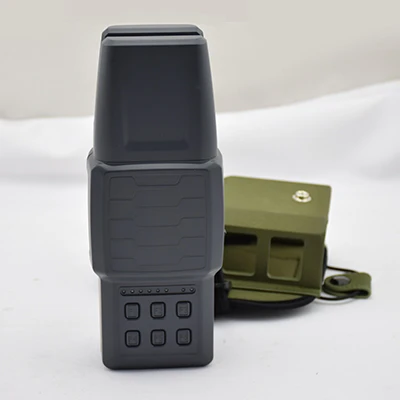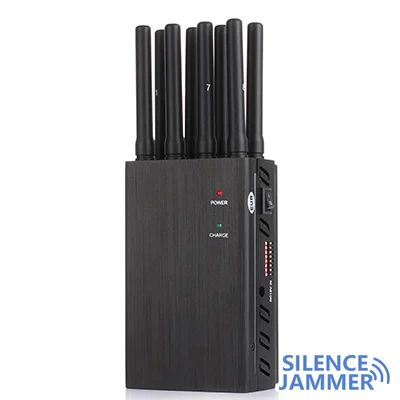Cinemas have always been a place where audiences can escape the daily hustle and bustle and enjoy a movie. However, smartphone use has become a jammer device of this experience.

Smartphones become more popular, some cinemas have called for the introduction of communication function suppressors such as signal blockers to solve this problem. Unlike concert halls and theaters, these places have successfully installed signal jammers to maintain the performance environment. However, the call for the introduction of such devices in cinemas faces various obstacles.

Successful experiences in other industries
At the Imperial Theater in Chiyoda Ward, Tokyo, a communication signal blocker jammer device was installed about ten years ago to ensure a soundless viewing environment. The signal blocker device is activated during the performance and only affects the audience’s seat. Despite the success of this technology in classical music concerts and theaters, cinemas have not considered introducing such devices.
Legal and technical challenges of installing communication suppressors
According to the Radio Act, a license is required to install communication suppressors. Although there are about 200 experimental stations for the devices nationwide, there is no record of such devices being installed in cinemas to date. The installation of these devices not only requires meeting legal requirements, but also requires the permission of mobile phone operators. In addition, the use of signal blocker jammer devices needs to take into account the multiple auditoriums in the cinema and the need for barrier-free screenings, which further complicates the issue.
Why cinemas are hesitant
The diversity and complexity of cinemas makes the introduction of communication suppressors difficult. Multiple auditoriums in a cinema need to avoid interfering with each other, while also considering the audio guide systems used by the visually impaired. If signal jammer devices interfere with audiences who have not yet shown the film, complaints may be raised. In addition, some cinemas also give away prizes through smartphone applications, and the interference signals may affect the smooth progress of these activities.
While the introduction of communication suppressors in concert halls and theaters has been successful, the technical and legal challenges faced by cinemas make this solution difficult to achieve in the short term. To enjoy a perfect viewing experience in the cinema, we may need to fundamentally change the audience's behavior habits.




